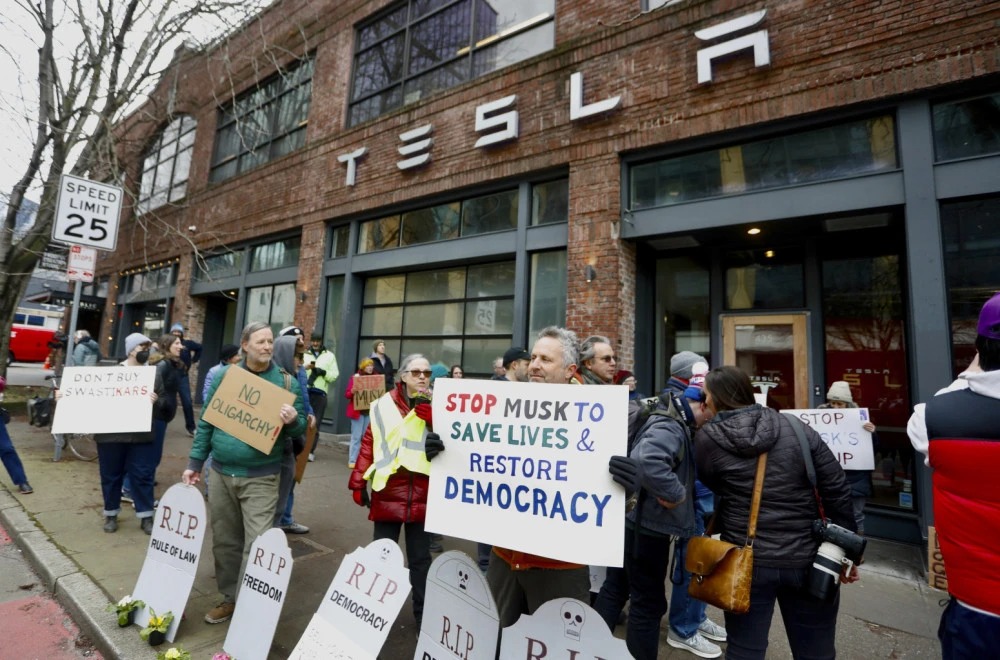
New Study: Gasoline Engines Are Actually More Harmful than Diesel!
In the past decade, we have witnessed a phenomenon no one expected: the demonization of diesel engines, further fueled by the 2015 "Dieselgate" scandal.
Ten years after the Volkswagen scandal, a study claims that the exhaust emissions of modern gasoline engines are actually worse for human health.
The study was conducted by the German research center "Helmholtz Munich" and the University of Rostock, and was published on the portal "Science Advances" – reports B92.
This research focuses on gasoline engines, particularly on the efficiency of particulate filters that have been mandatory since the Euro 6d regulation.
Transformation of Exhaust Gases in the Atmosphere
It is warned that emissions from modern gasoline cars, although compliant with European regulations, can become much more harmful when released into the atmosphere.
The German center's research focused on a gasoline-powered car equipped with a particulate filter, a technology used in diesel vehicles since Euro 5 to reduce combustion emissions, and in gasoline vehicles since Euro 6d. According to the research, freshly emitted exhaust gases did not show noticeable cytotoxic effects on human lung cells.
However, after photochemical aging—a natural transformation process driven by sunlight and atmospheric oxidants—they became significantly more toxic.
"Aged emissions caused significant DNA damage and oxidative stress in both cancerous alveolar epithelial cells and normal bronchial epithelial cells. This toxicity was not only linked to the newly formed particles but also to oxygenated volatile compounds, such as carbonyls, which formed during their time in the atmosphere," the study explains in detail.
Challenges with PM 2.5 Particles
On the other hand, the study points out that "emissions from modern gasoline vehicles, compliant with the current Euro 6d exhaust emission standard, still lead to the formation of SOA (secondary organic aerosol), which exceeds POA (primary organic aerosol) levels."
Furthermore, it states that "no apparent difference was observed in SOA formation between a light EURO 5 gasoline vehicle equipped with a GPF (gasoline particulate filter) and a EURO 6b gasoline car without a GPF."
Therefore, the implementation of emission standards has only been partially successful in suppressing PM 2.5 particles from gasoline vehicles, considering both their primary and secondary sources, the study concludes.
The site Phys.org emphasizes that although the Euro 6d standard guarantees low exhaust emissions, it does not account for the chemical transformations that these emissions undergo after being released into the environment.
In other words, current regulations measure emissions produced immediately after combustion, but not how they behave once they exit the tailpipe. This is a problem because filtered emissions remain toxic when exposed to sunlight.
In this context, the research notes that "recently, secondary organic aerosol (SOA) has been linked to an increased risk of death from cardiorespiratory diseases in the U.S."
"It is known that gasoline-powered vehicles are major contributors to SOA formation in urban areas, where atmospheric oxidation of aromatic volatile organic compounds (VOC) emitted as unburned fuel or produced during combustion dominates," it concludes.





